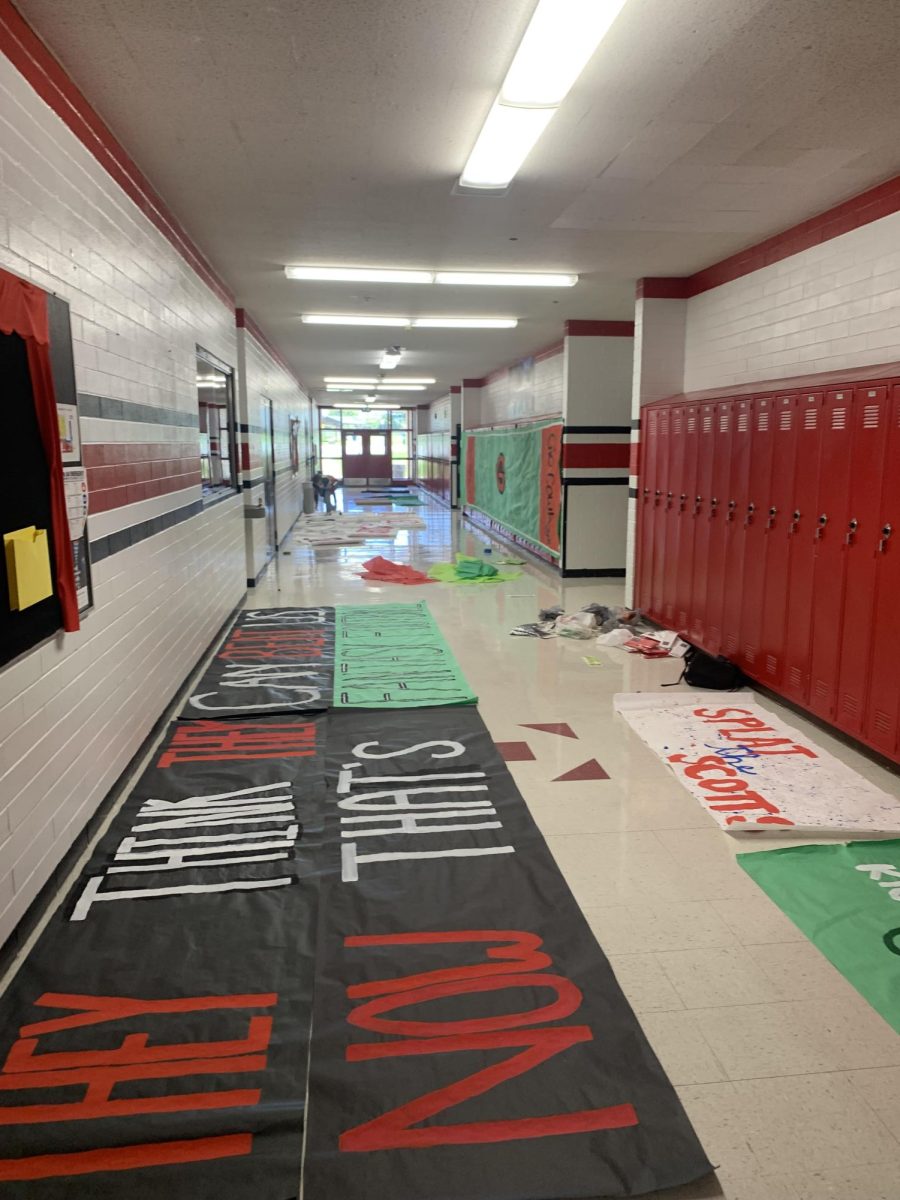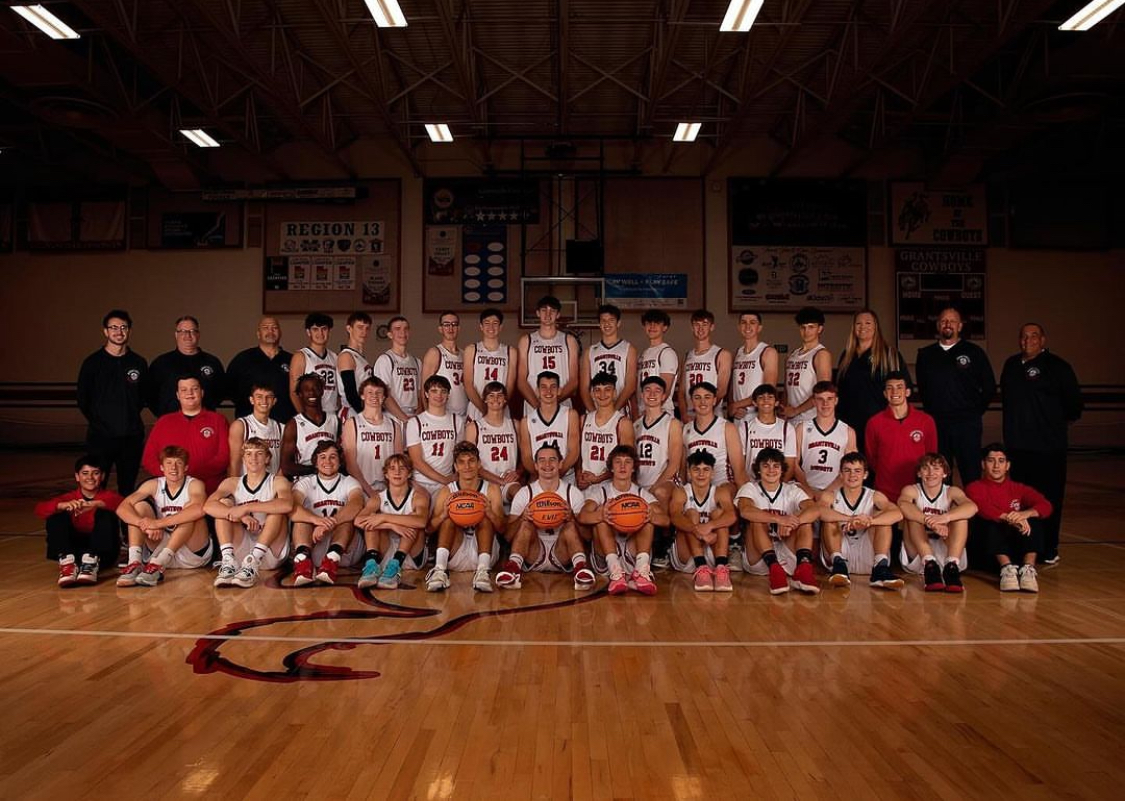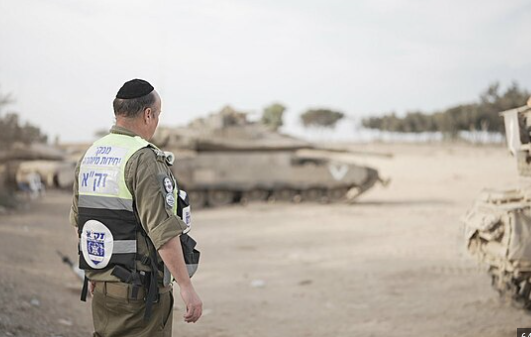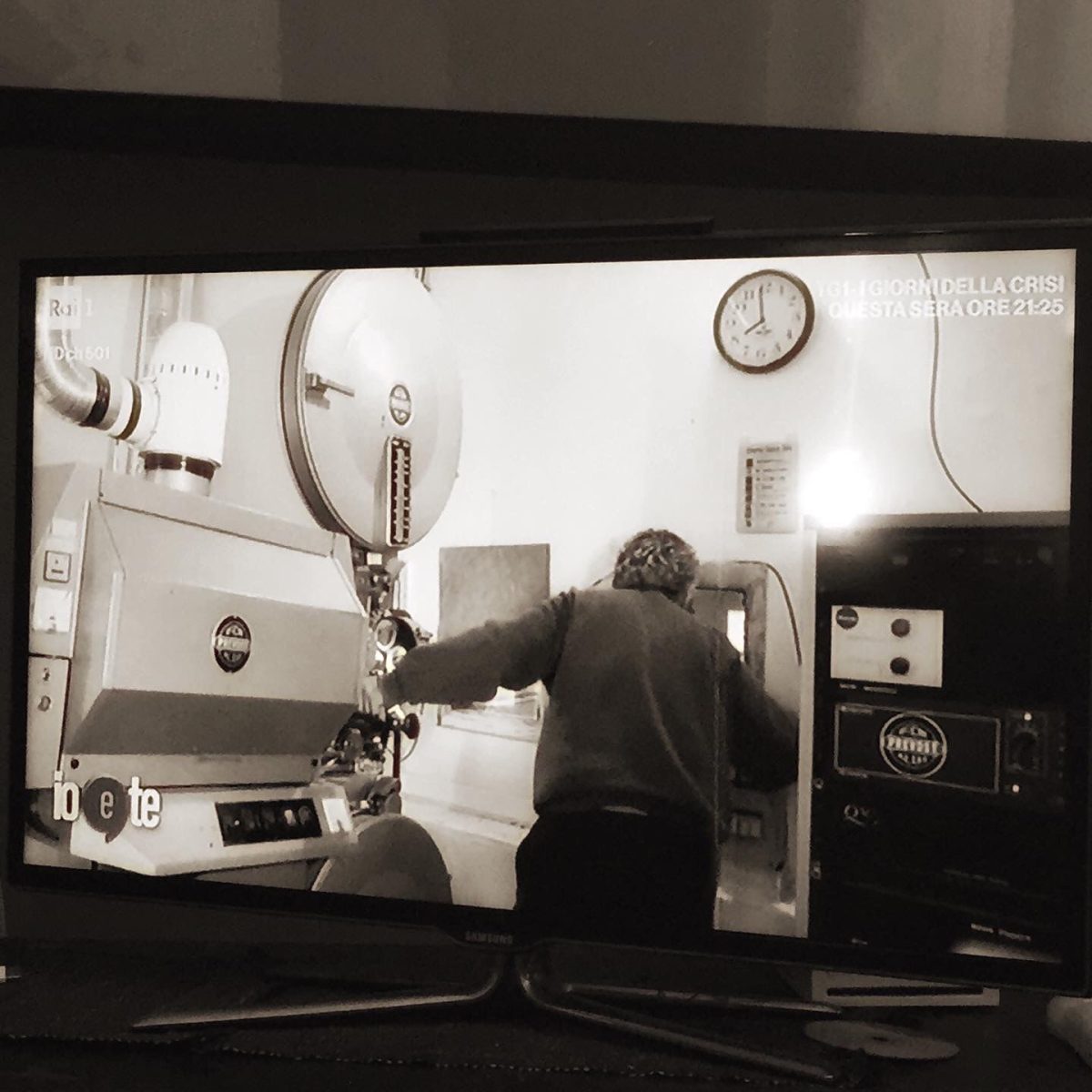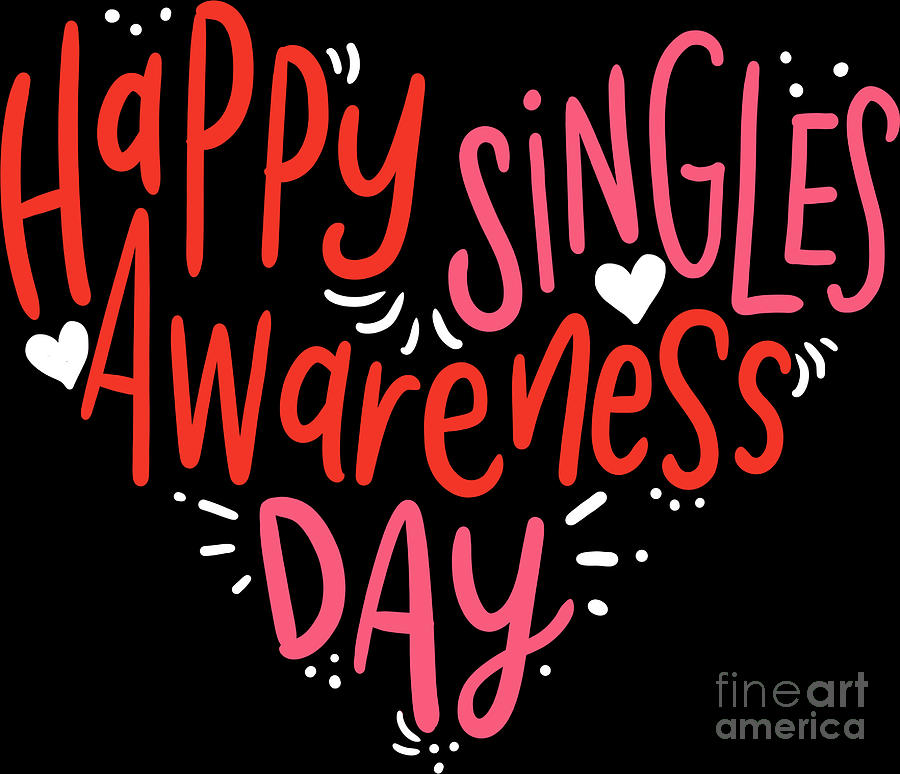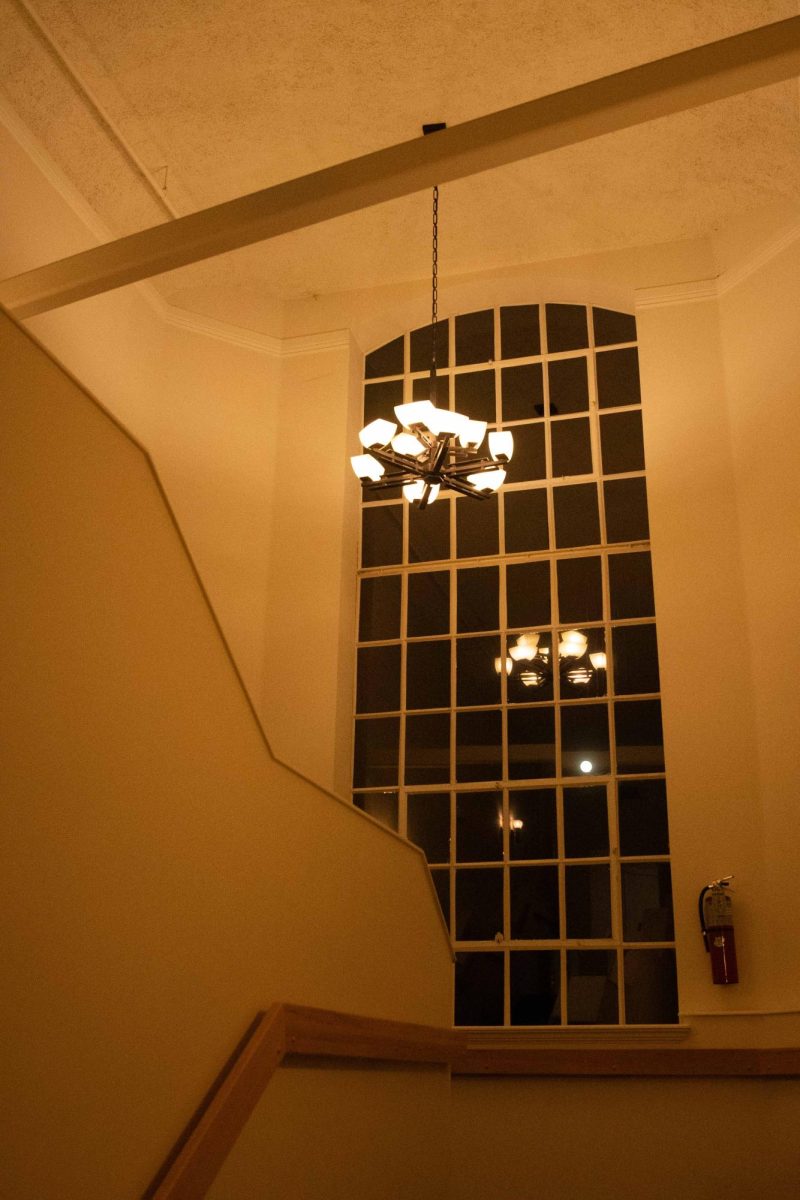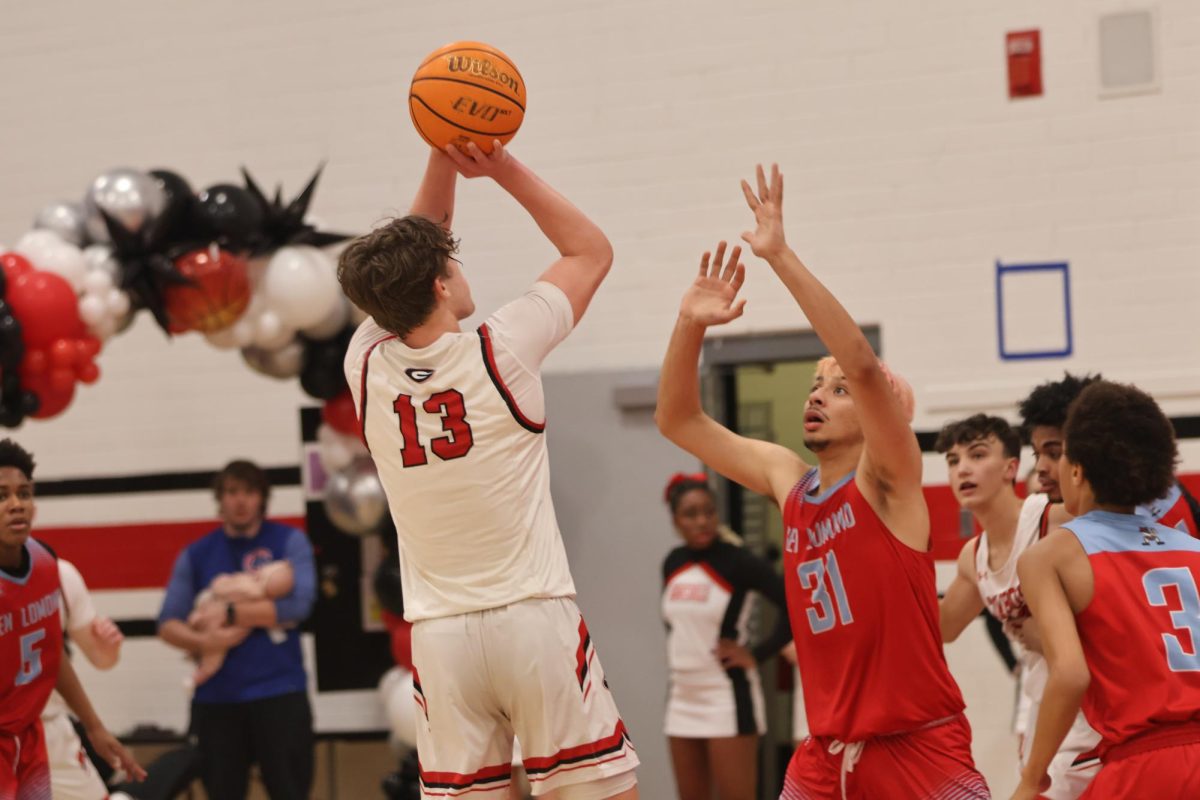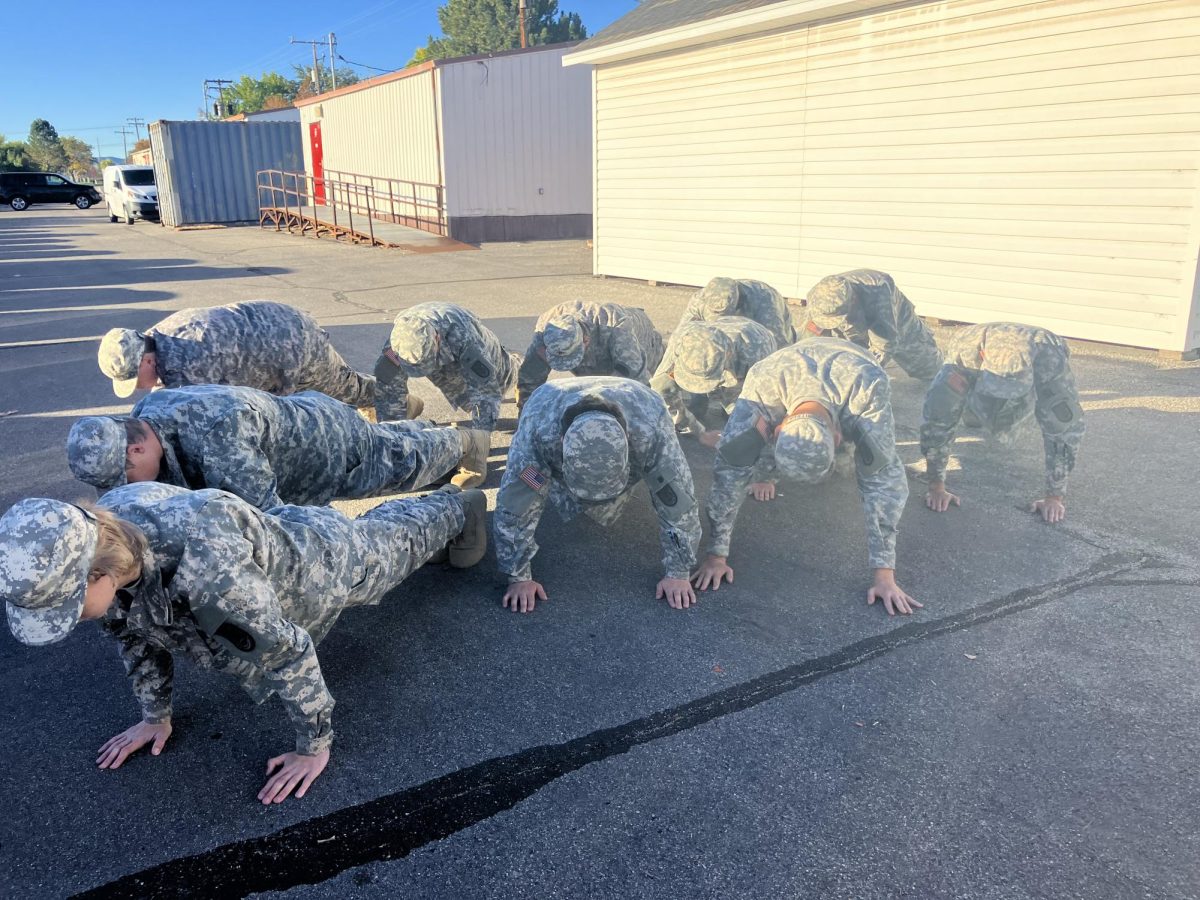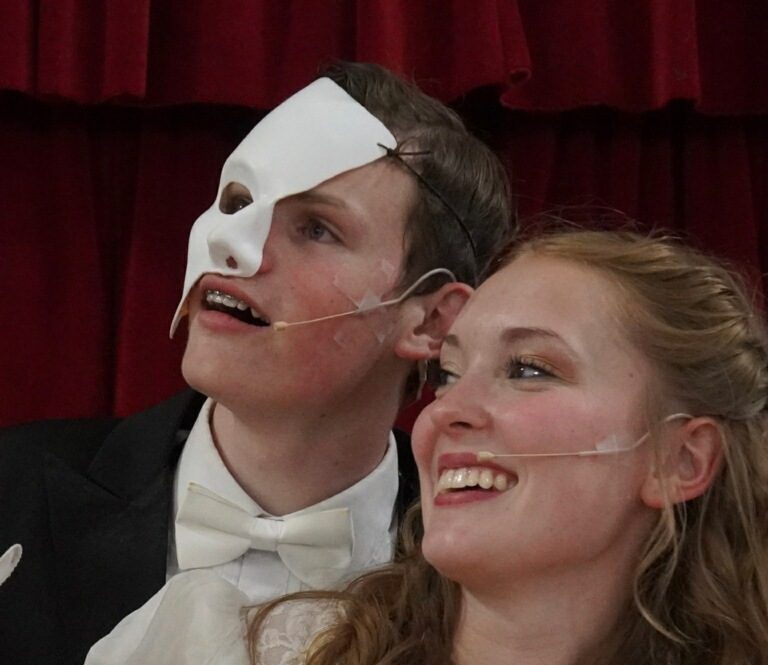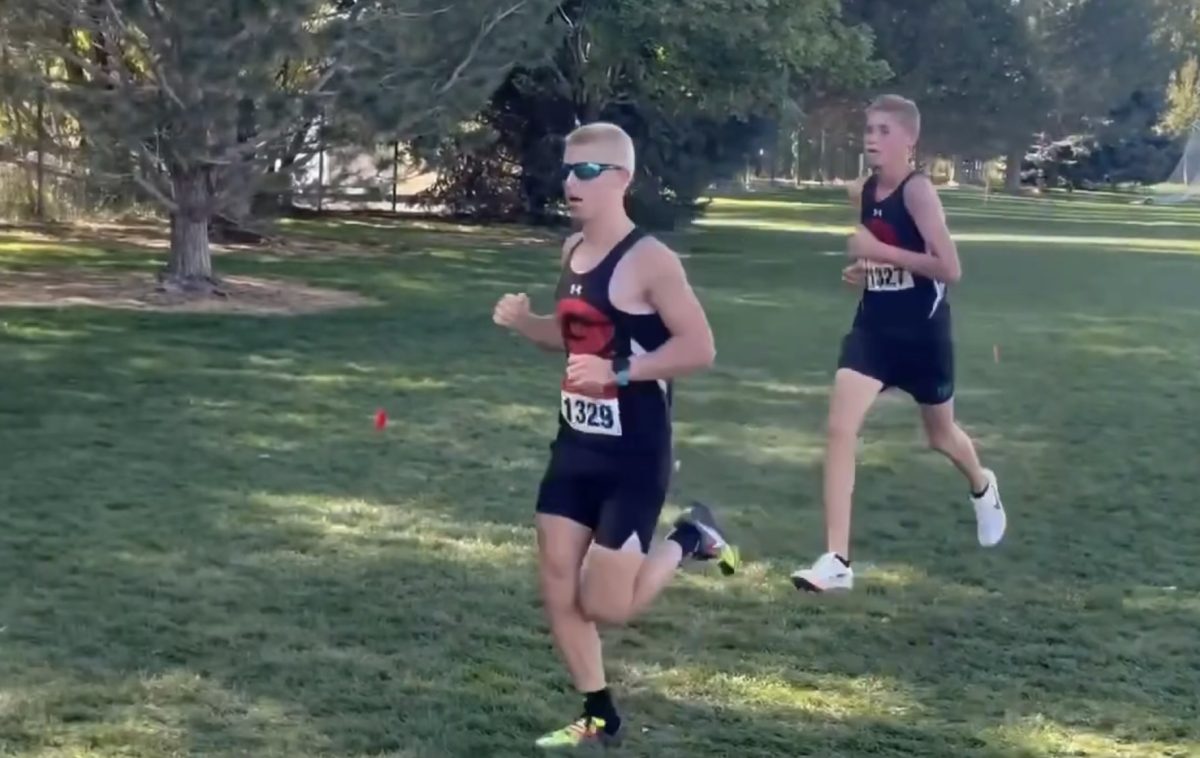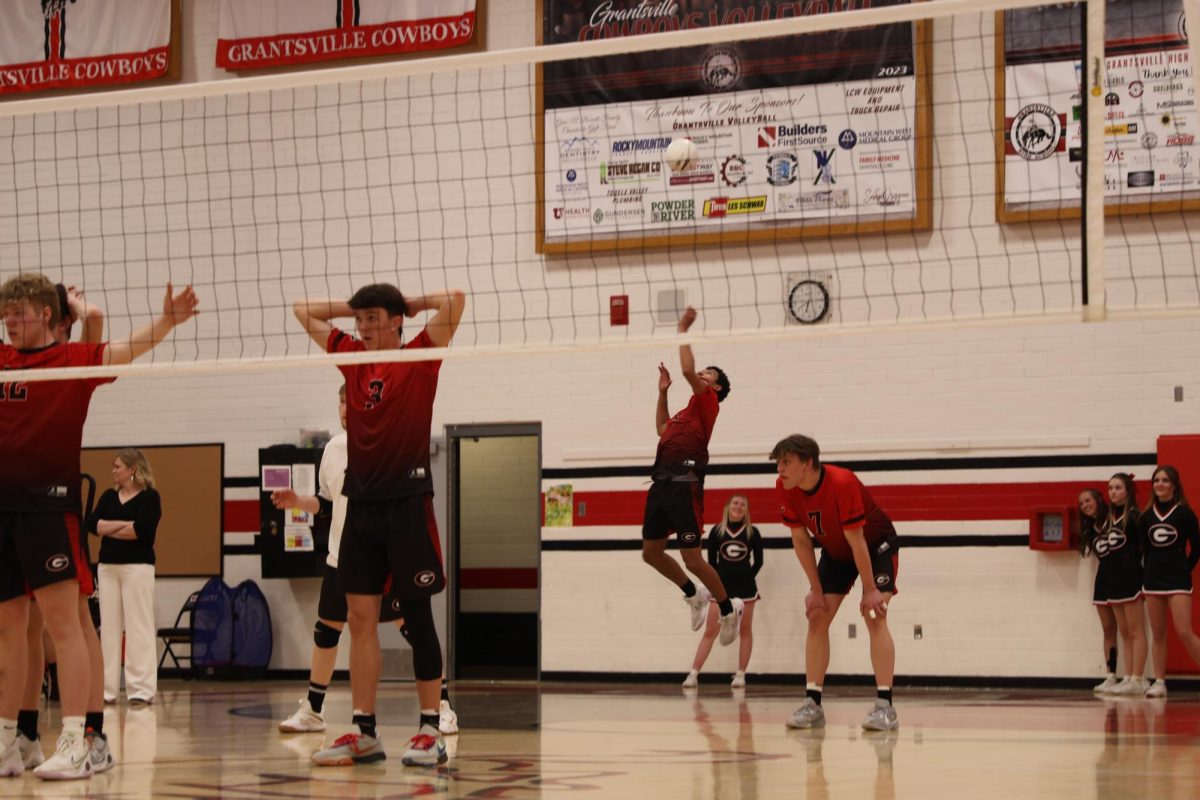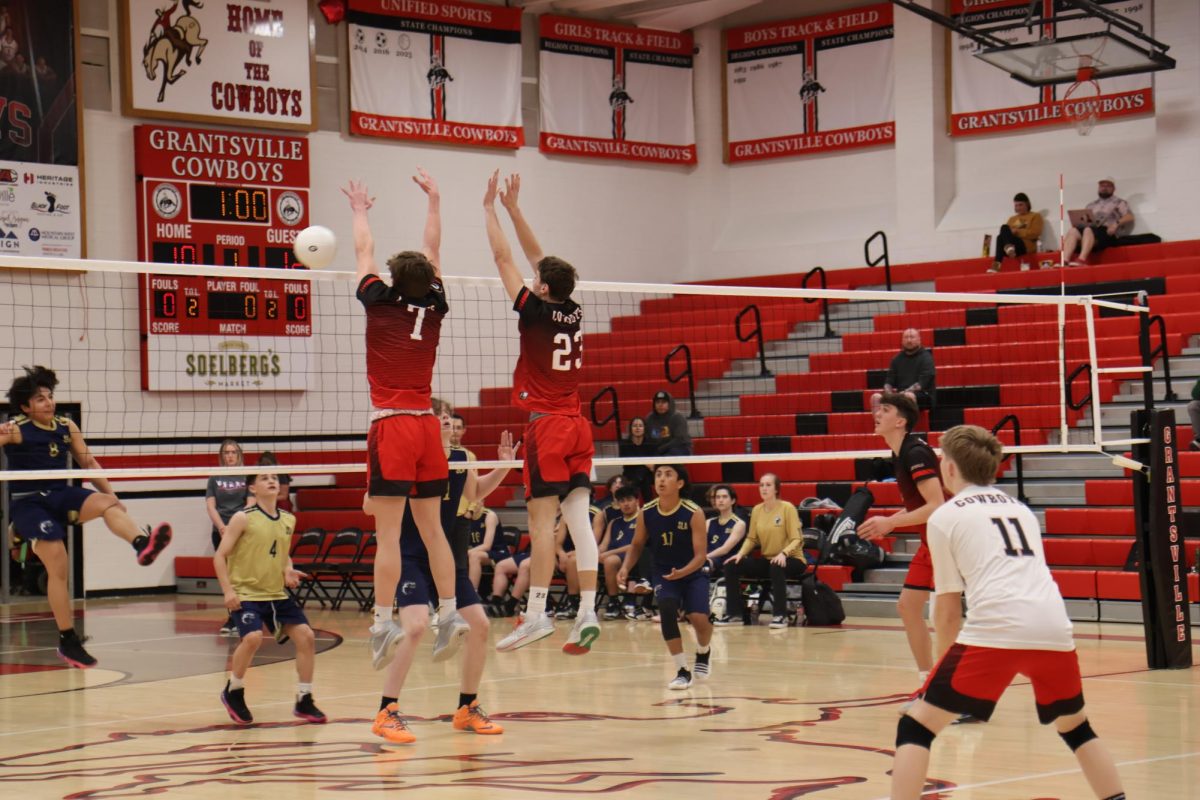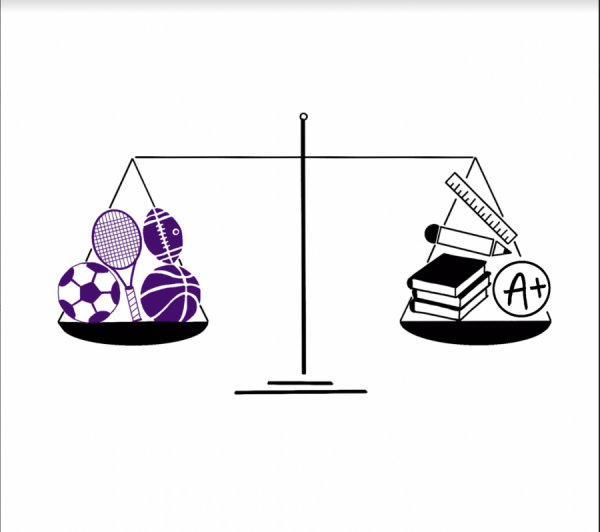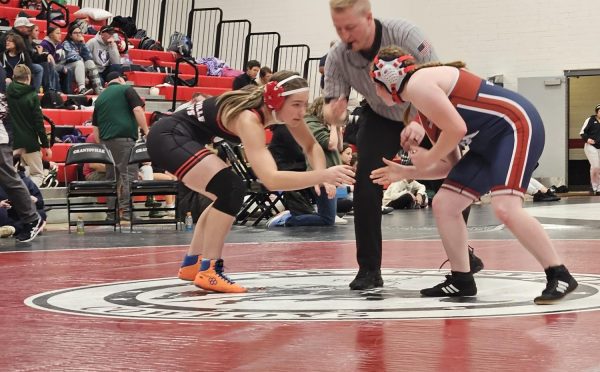Should Schools Offer Self-Defense Classes?
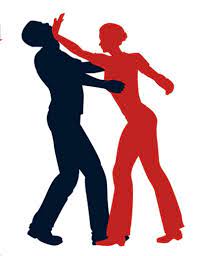
We all want to be as safe as possible when it comes to school. But exactly how safe? Many parents put their children in martial art classes outside of school because they want their kids to be able to defend themselves when the situation calls for it, but shouldn’t schools offer some basic self-defense classes?
“ Self-defense has still more benefits for their daily lives. The practice of martial arts teaches children important values such as hard work, dedication, and perseverance. Discipline and responsibility are the most important elements self-defense teaches,” according to acont43.medium.com.
If responsibility and hard work is highly rewarded in schools, then why don’t schools have self-defense classes? Are schools just worried about students breaking out into fights during school hours? What if there was a way to keep the environment of fighting one another toned down just for that class?
“ People are competitive. Naturally, they’ll fight to see who ‘can do it better.’ It’s hard because there are both pros and cons. Pros: Safety for peeps, Understanding of surroundings, Less sexual abuse, More reports on abuse. Cons: Time-consuming, Chances of more fights, Using skills to abuse, Possible injuries during class,” says Sabrina Schoenfeld, 9th grade.
“ That could be an issue, but the way school fights are depicted in TV shows aren’t really realistic. Plus, if you give them the option to fight in a controlled environment, then they’ll be able to let out that energy so they will be less likely to fight in an uncontrolled environment,” says Kennan McPeek, 11th grade.
True, there are pros and cons to the possibility of schools offering self-defense classes. People can get injured, but you can also get injured in any class that has tools that can harm you if you’re not careful. That doesn’t mean that schools can’t have a self-defense club instead.
“ If we’re doing a club, then it would have to be some way to fit it in. Then there goes all the requirements to make it official and then, the educators would have to invest their time, even when busy,” says Gwenelyn Tabin, 9th grade.
Even if you get a few people who would want to make a self-defense club, the school would need to approve of the club’s activity. Not many schools would want to support the idea of teaching kids how to fight when school is supposed to be a safe place to go.
“I think it’d [self-defense] be really good for schools but in every situation, you could get people who won’t use it for self-defense but that’s a small portion. So I think it’d still be a great idea. It’d be a lot of fun too,” 9th grader, Kaia Grisenti says.
Grisenti, Tabin, and McPeek agree with the idea of schools offering self-defense classes, while Schoenfeld disagrees with them. Schoenfeld feels like school is safe enough without self-defense classes.
Mcpeek says, “There’s always a risk of school shootings, which schools are always concerned about. But what if we knew self-defense? Then we’ll be able to attack them before they can shoot us, so I think self-defense is a valuable skill.”
Julian Amaro and Jakob Bouwman, 11th grade, believe that self-defense classes would benefit students because of all the sexual harassment that has happened over the years. If school is to help students to prepare for the real world, then schools should have self-defense classes.
“ There are far too many people who don’t even know the first thing about defending themselves so in any given situation where it’s dangerous, they’ll just be taken, killed, or they’ll be hurt. And they’ll have no chance of defending themselves,” said Bouwman.
On average, there are 463, 634 victims from the age of 12 and older of rape and sexual assault each year in the United States. This is one of the many things that Liberty Yates teaches about in Criminal Justice and Law Enforcement. Yates says that it is always good to defend yourself.
“ In proper self-defense training, one of the first things that you do train is the understanding of when to use force and when the circumstances are not wanted for force. And most issues can be solved with good verbal communication, however, when there is an issue where someone needs to defend themselves from being attacked, then they need to know those techniques,” Yates said. In Yates’s experience, when someone wants to learn self-defense, they aren’t individuals that are the aggressors. They are the individuals that are wanting to defend themselves.
Your donation will support the student journalists of Grantsville High School. Your contribution will allow us to purchase equipment and cover our annual website hosting costs.

She grew up around her dad always cracking jokes and doing impressions to cheer her up when she was upset; he does Scooby Doo. Her dad is her inspiration,...


